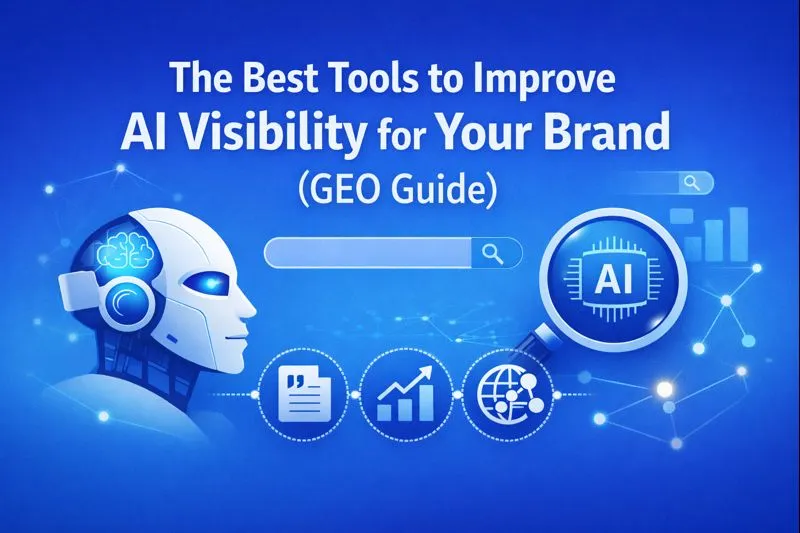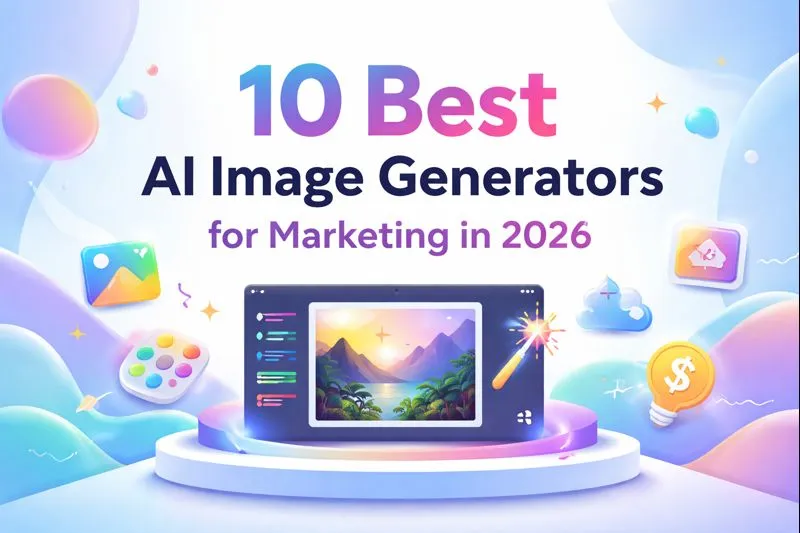The Question Hub Strategy: How B2B SaaS Companies Capture AI Search Traffic
Your prospects aren't Googling anymore. They're asking ChatGPT, Claude, and Perplexity. While you're optimizing for keywords, your competitors are capturing conversations. AI engines now answer 40% of search queries directly—without sending users to websites. But here's the opportunity: Most B2B SaaS sites are invisible to AI engines.
Why Traditional SEO Fails in the AI Era
AI engines don't crawl and rank like Google. They:
- Look for authoritative, conversational answers
- Prioritize structured, easily digestible content
- Value context and expertise signals
- Favor sites that answer questions completely
Your keyword-stuffed product pages? Useless.
The Question Hub Method: 5 Steps to AI Visibility
Step 1: Create Your Question Intelligence Map
Research the exact questions your prospects ask AI tools about your space. Use:
- ChatGPT conversation exports from sales calls
- Support ticket themes converted to questions
- LinkedIn comments and industry forums
- Voice-of-customer interviews
Target conversational queries like:
- "How do I choose between Salesforce and HubSpot for a 50-person team?"
- "What's the ROI timeline for implementing marketing automation?"
- "Why do SaaS companies need dedicated customer success platforms?"
Step 2: Build Your Question Hub Architecture
Transform your site into an interconnected knowledge base:
- Central Hub Page: "Frequently Asked Questions" or "Resource Center"
- Topic Clusters: Group related questions by buyer journey stage
- Deep-Dive Pages: Comprehensive answers (800-1500 words each)
- Internal Linking: Connect related questions like a conversation flow
Step 3: Structure Content for AI Consumption
Make your expertise crystal clear: Use Schema.org markup for:
- Organization details and credentials
- FAQ sections with question/answer pairs
- Author expertise and credentials
- Customer testimonials and case studies
Write in AI-friendly formats:
- Lead with direct answers in the first paragraph
- Use clear subheadings that mirror natural questions
- Include specific data, metrics, and examples
- Add "according to [your company]" attribution phrases
Step 4: Establish Authority Signals
AI engines look for trust markers:
- Author bylines with expertise credentials
- Company credentials (years in business, client count, certifications)
- Social proof integration (customer logos, testimonials, case study metrics)
- Cross-references between your content pieces
- External validation (industry reports, partner mentions)
Step 5: Monitor and Optimize AI Mentions
Track your AI visibility:
- Search your brand in ChatGPT, Claude, and Perplexity monthly
- Monitor question categories where you're being cited
- Test competitor mentions vs. your own
- Refine content based on how AI engines quote you
Start Today: Quick Wins
- Add structured data to your About, Services, and key product pages
- Publish one comprehensive FAQ answering a question prospects ask AI tools
- Check your current AI visibility by searching your brand and competitors
- Connect your content with internal links that create conversation flows
The Bottom Line
AI search isn't coming—it's here. The question is whether you'll be part of the conversation or watching from the sidelines. Your prospects are already asking AI about your industry. Make sure they're getting answers from you.
Ready to dominate AI search results? We help B2B SaaS companies implement the Question Hub strategy in one day.





